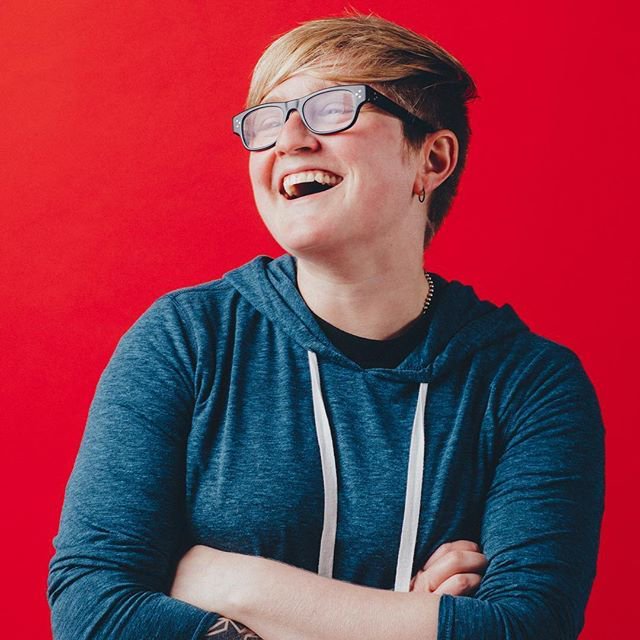
Allison Shaw is one of four people speaking at SXSW’s Design for Inclusivity: How and Why to Get Started panel at this year’s conference. Although she is a fan of Star Wars and “pho forever,” while I’m a die hard Trekkie and lover of ramen—we can both agree that accessibility in design is of utmost importance.
According to the U.S. Census Bureau, 1 in 5 Americans have some form of disability. With 20 percent of our nation dealing with this, and at least half of those severely, it’s both surprising and disappointing to realize how large the gap is when it comes to accessibility and inclusivity—more so, how easy the solution can be.
“The truth is that you don’t have to have a disability to benefit from accessible experiences.”
Allison Shaw
That’s where product designers, like Shaw, step in. When asked what the biggest issue was when it comes to design and accessibility, her answer was simple.
“Our biggest barrier is awareness,” Shaw said.
Being mindful of the full spectrum of who you’re designing for is one of, if not the, most important consideration when designing a product. Shaw understands this, and goes on to point out that the lack of inclusivity isn’t necessarily malicious or intentional, but it really just goes back to that [lack of] awareness. “People with accessibility needs are already using your products, whether you know it or not. And the truth is that you don’t have to have a disability to benefit from accessible experiences.”
“When we depart the patterns people know by heart, we create a hardship for our audience…”
Allison Shaw
The single most important aspect when it comes to accessibility, according to Shaw: consistency. Designers have the ability to redefine the status quo and create change, however, sometimes in that process, things don’t always change for the better.
“When we depart the patterns people know by heart, we create a hardship for our audience,” Shaw said. “We ask them to unlearn what they already know. “
Even thought the Americans with Disabilities Act passed in the 90’s, providing significant protections and rights for those with disabilities, as Shaw pointed out, “legal protections are one thing, and social acceptance is quite another.”
People in positions of power in our country who openly mock people with disabilities set an awful tone for how the rest of society should treat others, Shaw said. Social acceptance isn’t something that is just going to happen—it is something that has to be crafted, taught, learned.
“It’s an education issue,” Shaw said. “That’s why I’m so excited for our panel at SXSW—what a great way to help people get started.”
Catch Allison and her fellow panelists, Google’s Szu Yu Yang, Axios’ Emma Schwartz and designer Marco Salsiccia, at the time and location below. #beinclusive
Friday, March 8
3:30 p.m. – 4:30 p.m.
JW Marriott – Salon 6
